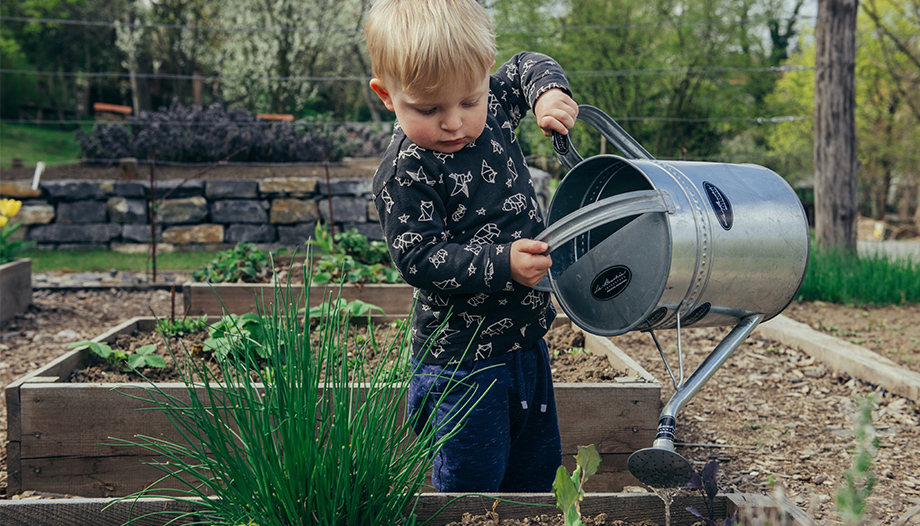I suppose that these days there will be many articles on the legacy of Pope Francis. Different topics will be touched upon, from different perspectives, but it seems reasonable, almost essential, to dedicate one to the concern of Francis for the nature. Following his namesake and eight centuries later, he has been able to transmit to us the appreciation that every Christian should have for the immense beauty and richness of life that a creative and provident God offers us, not for our exclusive enjoyment and much less for our abuse.
If Creation is a marvelous gift, its contemplation should lead us to recognize a Donor who is also marvelous. The world is good because it was created by a God who rejoiced in his own work: "God saw that it was good," the first chapter of Genesis insistently repeats. We Christians cannot confront the environment, because it is our home, the common home that we have to take care of, as Francis clearly subtitled in his encyclical "The Environment".Laudato si'".
We do not own nature
It is not a question of following the path of political correctness, nor even of ensuring our own survival, intimately linked to the balance of nature, but of recognizing that we share the planet with many other human beings, who also need that balance, and with millions of other creatures, who accompany us in this home. Moreover, the main reason to take care of Creation is the recognition that we are not its owners, but children of a Father who offers it to us to take care of it, to share it, to hand it over to future generations with fewer wounds than it has.
Already at the beginning of his Pontificate, Francis told us that "... the vocation of guardianship does not only concern us Christians, but has a dimension that precedes it and that is simply human, it corresponds to everyone. It is to guard all creation, the beauty of creation, as we are told in the book of Genesis and as St. Francis of Assisi shows us: it is to have respect for all God's creatures and for the environment in which we live (...) And when man fails in this responsibility, when we do not care for creation and for our brothers and sisters, then destruction gains ground and the heart becomes arid." (Pope Francis, Homily delivered during the Eucharistic celebration with which he began his Pontificate, 2013).
The Pope and the most vulnerable
His concept of integral ecology included not only plants and animals but, first and foremost, the most vulnerable people, those who suffered most from the degradation of nature in their ways of life, in their food. For this reason, he always raised the environmental issue as linked to the social one, as two crises that are really one: "The lines for the solution require an integral approach to combat poverty, to restore dignity to the excluded and simultaneously to care for nature" (Pope Francis, "Laudato si'", 2015, n. 139).
This social approach did not prevent him from advancing notably in the theological arguments supporting environmental care, to the point of recognizing the intrinsic value of every creature, beyond serving as an instrument for human ends, precisely because they were created by God, and from him they receive his love and providence: "We are called to recognize that other living beings have a value of their own before God and, 'by their very existence, bless him and give him glory', because the Lord rejoices in his works (cf. Ps 104:31)" (Pope Francis, Laudato si, 2015, n. 69).
Green conversion
This is one of the pillars of what he called "ecological conversion", to which he encouraged all Christians and other people of good will, and which entailed a change of attitude in our relationship with other creatures, proposing: "... a different outlook, a way of thinking, a policy, an educational program, a lifestyle and a spirituality" (Laudato si, 2015, n. 194), which will allow us to overcome the consumerist materialism that surrounds us. That consumerism that can only be overcome with a deep spiritual conviction, which leads to filling the heart with what it really longs for.
From his already close proximity to this Creator God, Pope Francis will continue to encourage us to approach this process of conversion, which will change our values and make us more caring of others and our environment.
This is not a minor issue, as he reminded us in the same encyclical: "But we must also recognize that some committed and prayerful Christians, under the guise of realism and pragmatism, often make a mockery of environmental concerns. Others are passive, do not decide to change their habits and become incoherent (...) Living the vocation to be protectors of God's work is an essential part of a virtuous existence, it does not consist in something optional or a secondary aspect of the Christian experience" (Laudato si, 2015, n. 217).
Professor of Geography at the University of Alcalá.









